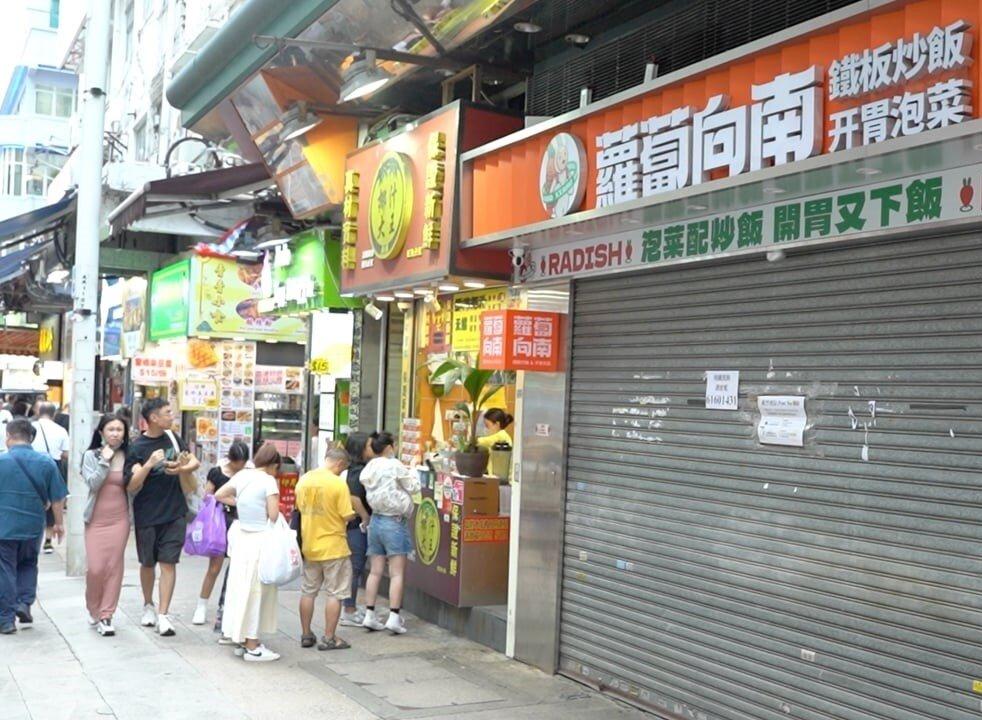With the lifting of COVID restrictions, numerous mainland brand-name food and beverage chains entered the Hong Kong market, opening shops in busy districts. However, many of these brands have struggled to sustain their businesses, with several closing within a year of opening, including “LMM Hand Crashed Lemon Tea,” “Radish Southward,” and “GuluGulu.”
Analysts attribute these closures to tight profit margins in the food and beverage industry and market oversaturation, making it difficult for these brands to be absorbed quickly.




